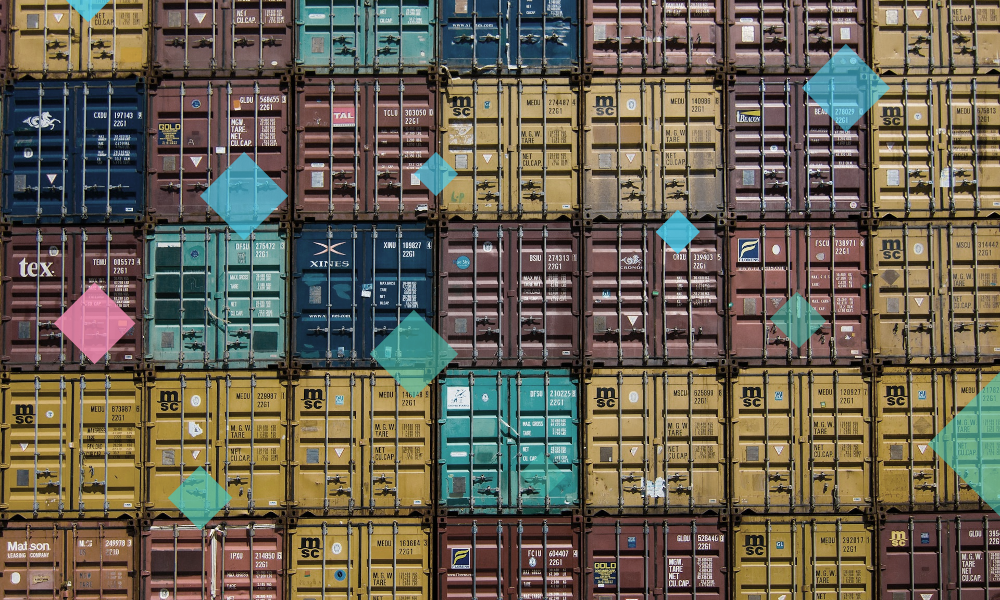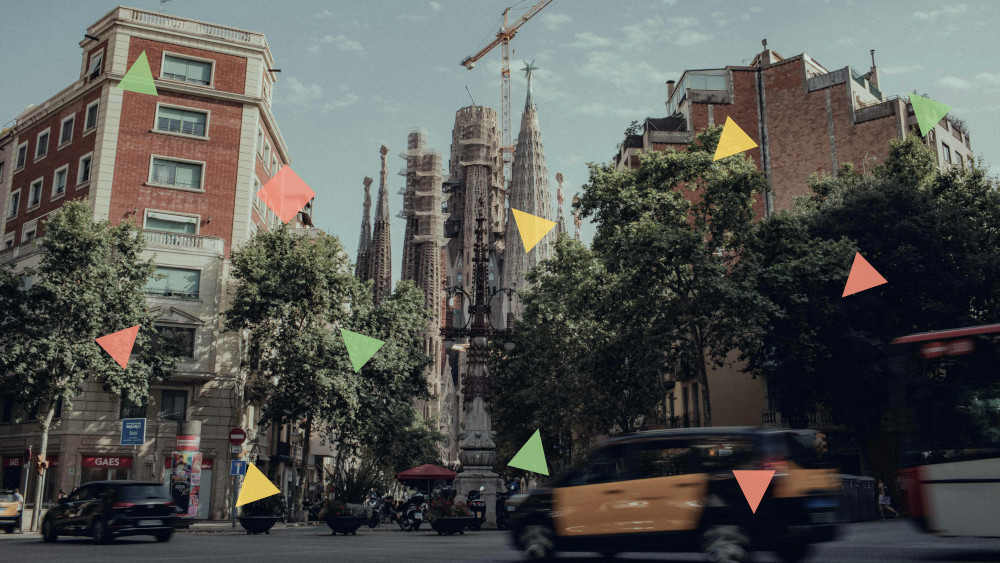A discussion from the 6 April 2021, organised by the AkG and transform! Europe.
Podcast: Play in new window | Download
Subscribe: RSS
What were the economic reactions of the EU Member states to the Covid-19 Crisis? What did these states do in 2020 to support their economies during the pandemic? And which barriers to interventions, such as the restrictive rules regarding state aid, had to be suspended to facilitate state action?
This is Mosaik podcast. In today’s edition we present a discussion between Roland Kulke of transform! Europe and Matteo Gaddi, a researcher and trade union delegate in Italy. The discussion took place as part of the AkG event series on social research in times of social distancing. You can find the other events from this series here in the podcast feed.
Transform! Europe is the political foundation of the European Left Party. During the onset of the Covid-19 pandemic, when governments were forced to shut down large parts of the European economies, transform! asked experts from across the EU to evaluate the economic interventions of different member states to this crisis. The focus in these studies were demand and supply side measures and on where the money would be spent.
At the heart of these analyses and todays discussion lie the questions: How far have the states used this unique opportunity to push for more sustainable economic structures. Everybody talked about the revival of the “public” and the need for state intervention – So, have there been plans to set up public enterprises? And finally: which role did workers and their trade unions play in the development of the national plans?
These questions will be explored along an in-depth case study of Italy and a broader discussion of the findings more generally. We have Stefanie Wöhl of the University of Applied Science BFI in Vienna to thank for the moderation, who will also provide a more detailed introduction of the speakers.


